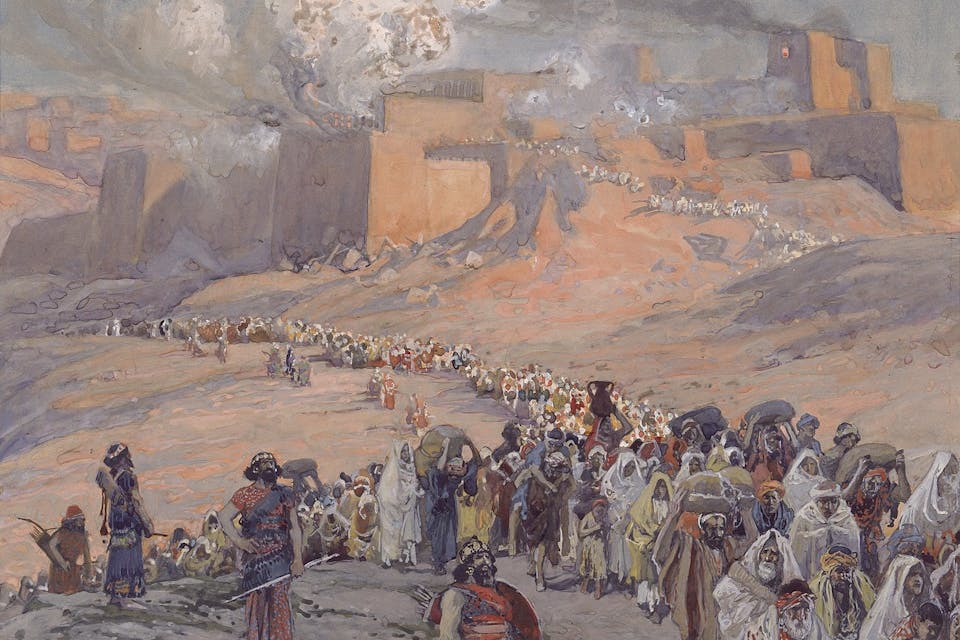
November 28, 2022
When Did Judaism Begin?
A new book called The Origins of Judaism places the momentous occurrence much later in time than that proposed by most scholars. Is it right?
When did Jews first begin to view the observance of law as a religious obligation?
The traditional answer is simple. They began doing so even before they knew what those laws entailed, even, in fact, before the Decalogue itself had been revealed: “And the whole people answered as one and said, ‘All that the Lord has said we will do!’ And Moses brought the people’s words back to the Lord” (Exodus 19:8). Only then does the revelation of law on Sinai that dominates the last four books of the Torah commence. In the traditional rabbinic perspective, the commitment to maximal observance is thus primordial, or close to it, in the history of the Jewish people, and so are all the norms to which they committed themselves. Non-observance can therefore only be the result of backsliding.
Modern historians take a contrasting approach. They ask when the various texts, including those that speak of primordial Israelite unanimity, were written and in response to what situations. They propose answers, in part, by noting discrepancies between narrative and law. Is there anything in the book of Samuel, for example, to suggest that King David had ever heard of the Sabbath? If not, then perhaps the answer provides some insight into when that venerable institution came into being or at least when it came to be regarded as obligatory and widely practiced. In the classical historical-critical thinking, most of the law collections in the Torah are relatively recent, dating from the late 7th or 6th century BCE, the latter being the period of the Babylonian Exile. In the famous and still influential synthesis of Julius Wellhausen (1844–1918), the hypothesis that the law is not earlier but later than the prophets served as a major clue to the reconstruction of the historical development of biblical religion.